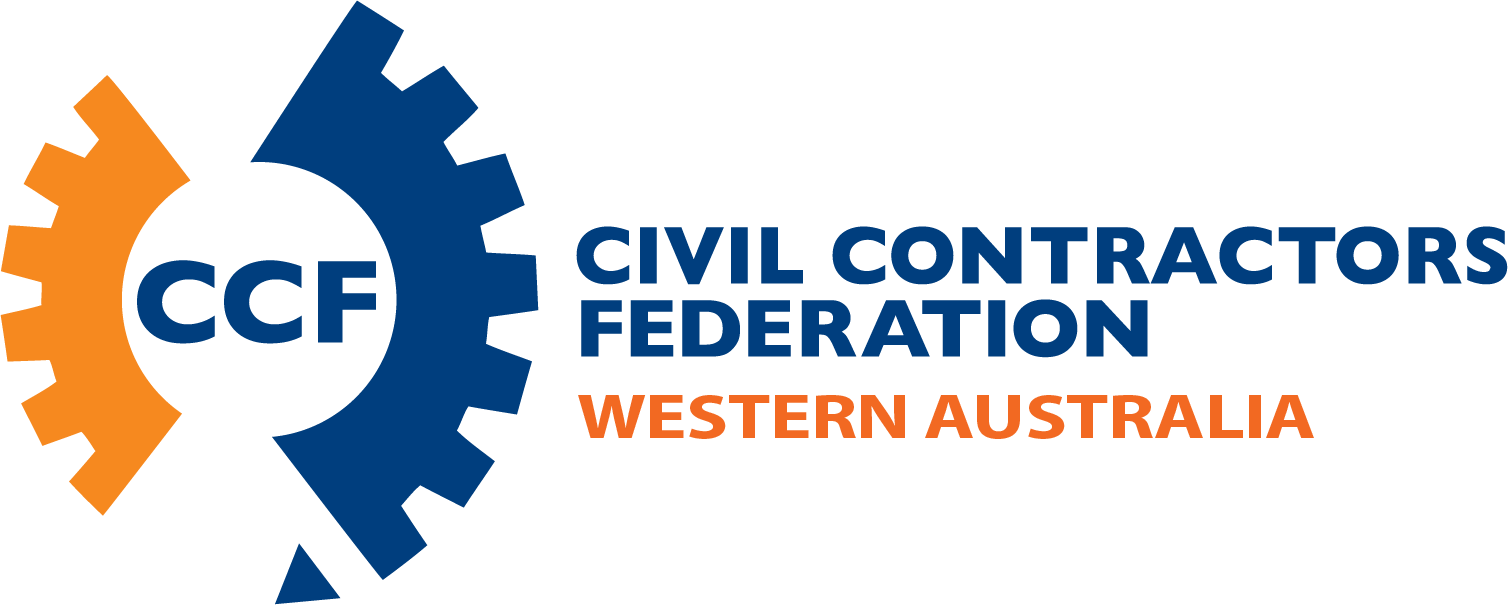(This opinion piece by CCF WA CEO Andy Graham was published in The West Australian, Monday, February 17, 2020.)
Infrastructure construction has been in the news recently with claims of major delays and even ‘chaos’ on some of the upgrade projects going on around Perth. As the industry group representing the sector, we believe it’s time to address a few misconceptions.
Perth’s major civil construction sites are far from chaotic. On the contrary, works proceed calmly, professionally and most importantly, safely. For Main Roads and its contractors there are three basics: projects must be delivered safely, with the least possible inconvenience to motorists and nearby residents, and to the highest quality (the remarkable quality and durability of our roads doesn’t happen by accident – Main Roads’ specifications are among the most rigorous in the world).
We have been surprised to read negative commentary around the apparent lack of workers visible on road upgrade sites. It’s important to understand that building a road is not like building a house; a lack of tradies swarming over the site does not indicate a lack of activity.
For construction contractors, time is money. Every extra day on site reduces their already tight margins. Contractors are highly motivated to finish a project as quickly as possible, so they can get paid and move to the next job.
The fact is, though, that complex brownfields projects can’t be rushed. There’s more to adding a lane than clearing some space and whacking down some hotmix.
Carefully identifying and relocating essential underground services such as power, gas and water can take many weeks. Water is the enemy of a long-lasting road, so thorough and time-consuming dewatering is usually necessary. Millions of cubic meters of sand must be excavated, removed and replaced with subgrade, sub-base, basecourse, and multiple asphalt layers, all of which have to be thoroughly and patiently compacted and tested.
All of this, and much more, goes on within incredibly constrained sites, typically with traffic whizzing by on one side and houses, shops, a railway line or a river just metres away on the other. The contractors who perform this juggling act deserve our admiration, not condemnation.
Any additional congestion during construction works is regrettable but it’s important to remember the congestion well and truly predates the works. Some of the sections of freeway and major arterials being upgraded have been major bottlenecks for years – which is of course why the works are being undertaken. Infrastructure Australia has forecast that by 2031, Perth could have seven of the 10 most congested roads in the country – including the top four – unless we act decisively.
Sure, some projects will open a little later than originally intended. That’s mainly because there have been substantial changes of scope to those projects. These scope variations make perfect sense – if other remedial or preparatory work is identified that needs to be done, the best time to do it is now, rather than causing lengthier (and more costly) disruption later.
Some people have wondered why all construction contracts don’t include damages to ‘punish’ the contractor for actions that lead to congestion. Financial penalties, it is argued, would create a strong incentive for the contractor to meet shutdown deadlines. Except, they wouldn’t.
The reality is that sometimes the best laid plans go awry, despite contractors making the best decision in the circumstances and with the information available at the time. Hitting contractors with onerous penalties won’t change that.
Not that governments are averse to penalties. The State Government is far from a soft touch when it comes to contract conditions, and we have long argued for fairer risk allocation in contracts – so that, for example, a contractor doesn’t have to bear the cost of relocating a gas pipe that wasn’t on the plans provided, or removing some buried asbestos that no one knew was there.
Increasingly, however, governments acknowledge that the ‘old way’ of onerous contracts and adversarial relationships does no one any good, least of all taxpayers. Recently the Transport and Infrastructure Council – comprising the Federal and State transport and infrastructure ministers – agreed that “collaborative-based approaches to procurement, project management and risk allocation promotes safer and more productive delivery”. CCF WA welcomes this progress towards a more collaborative approach, and a culture where clients and contractors work together to achieve the best outcomes.
Andy Graham
CEO, Civil Contractors Federation WA

